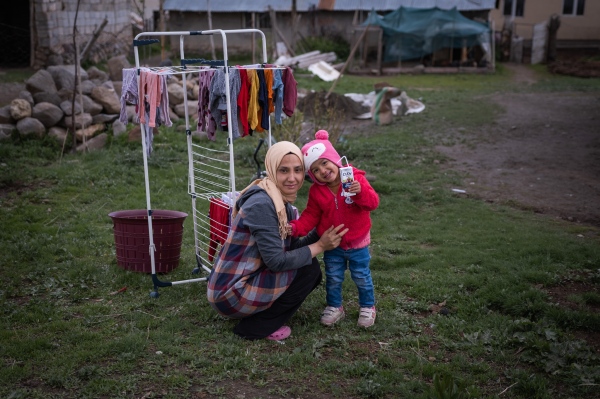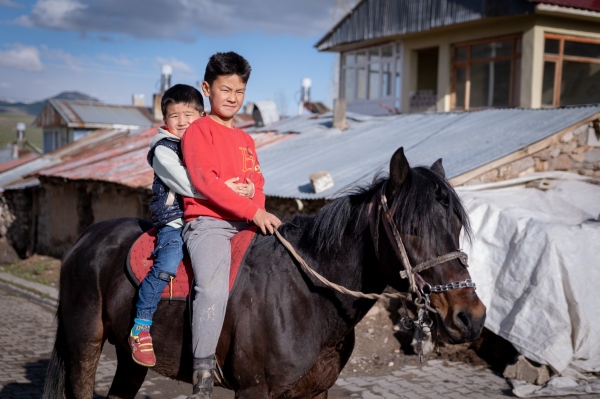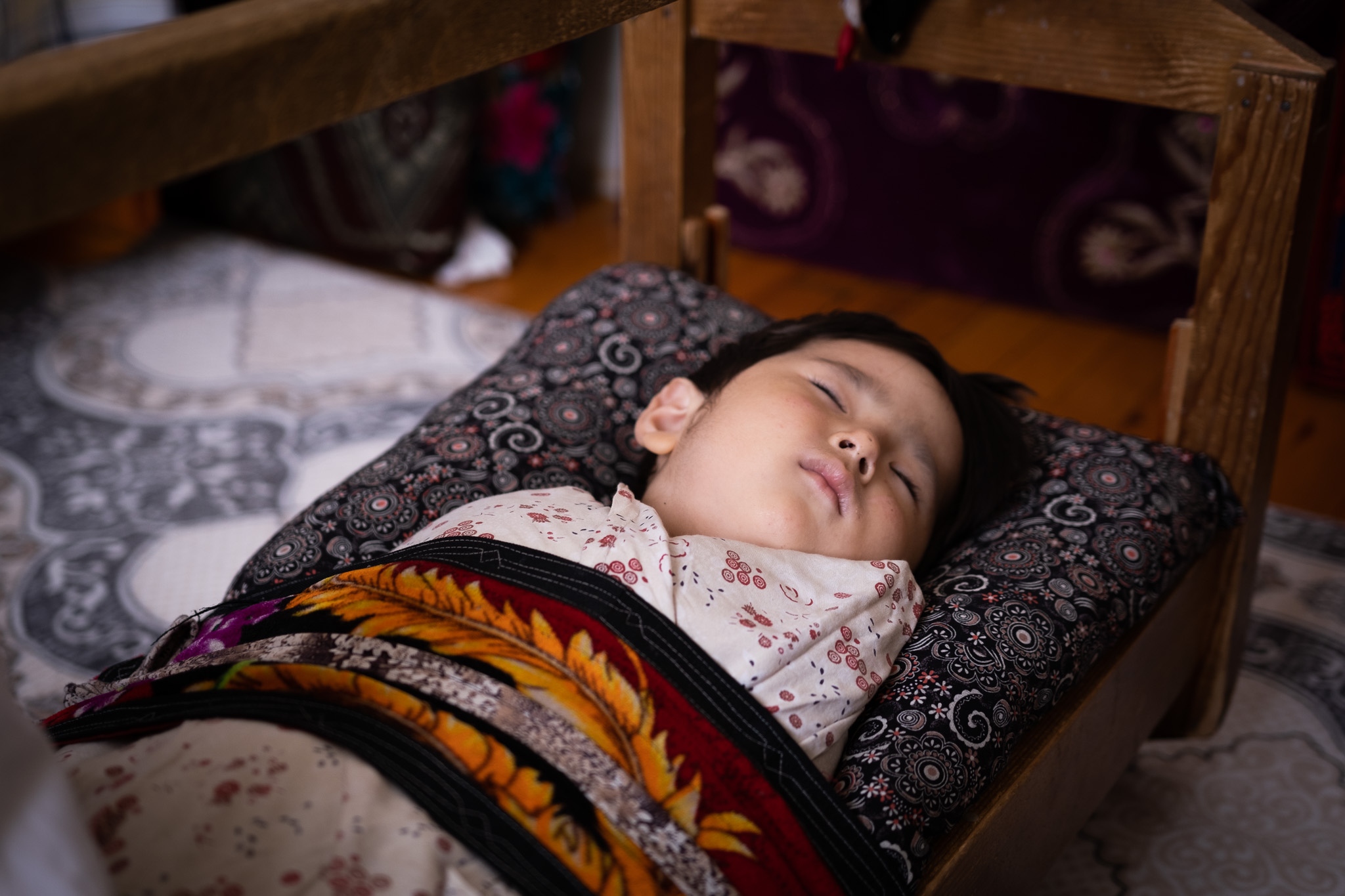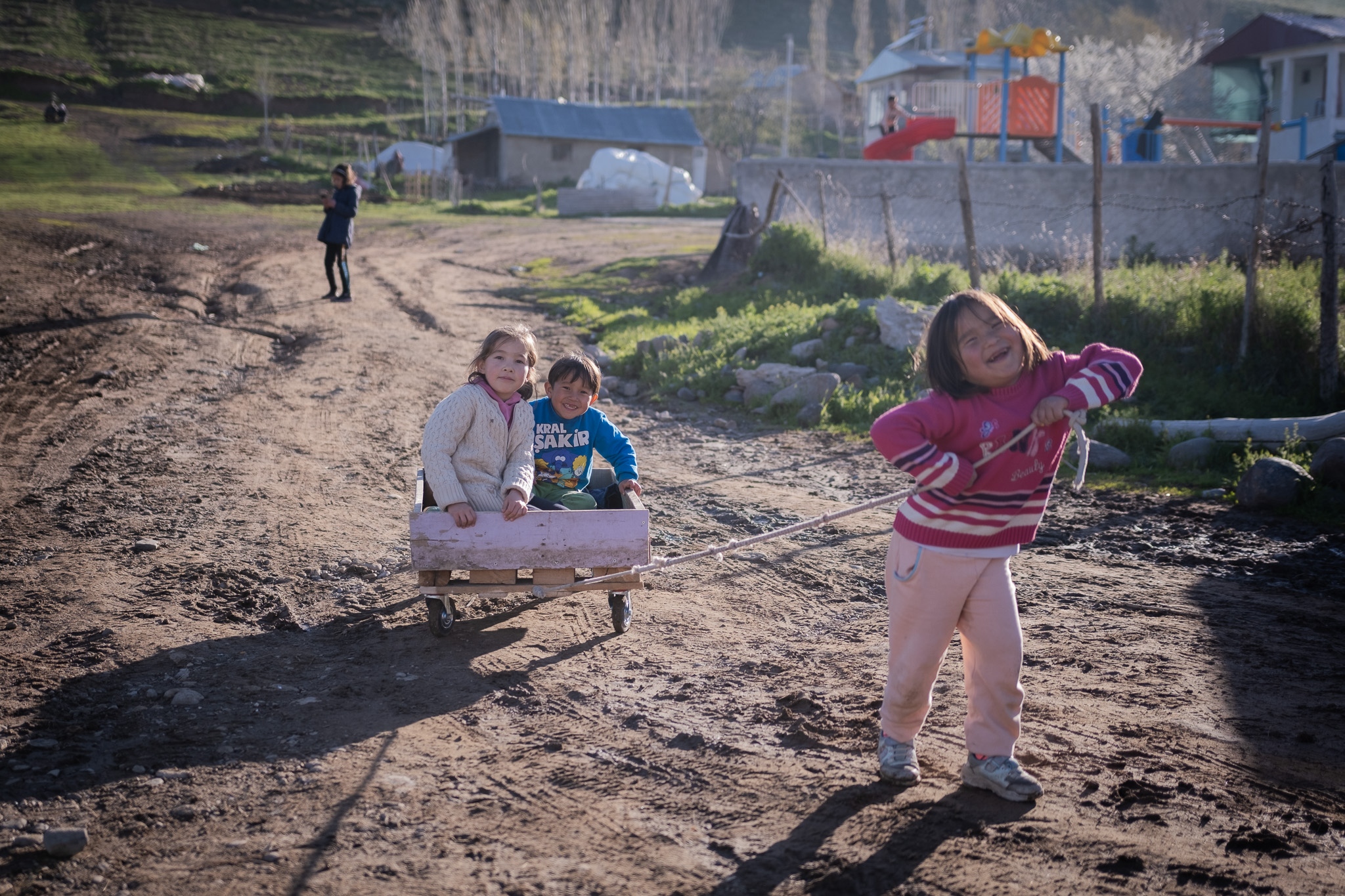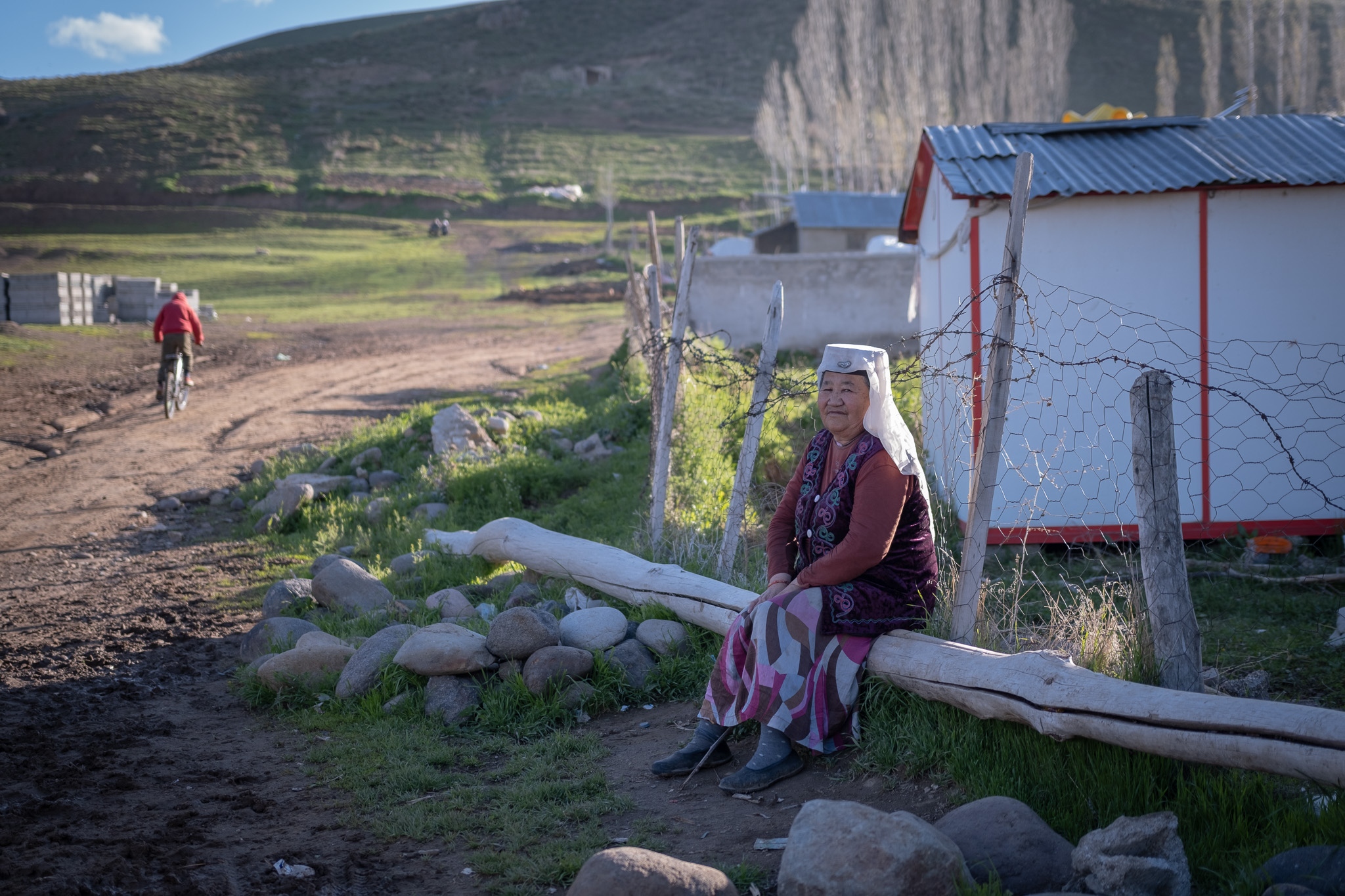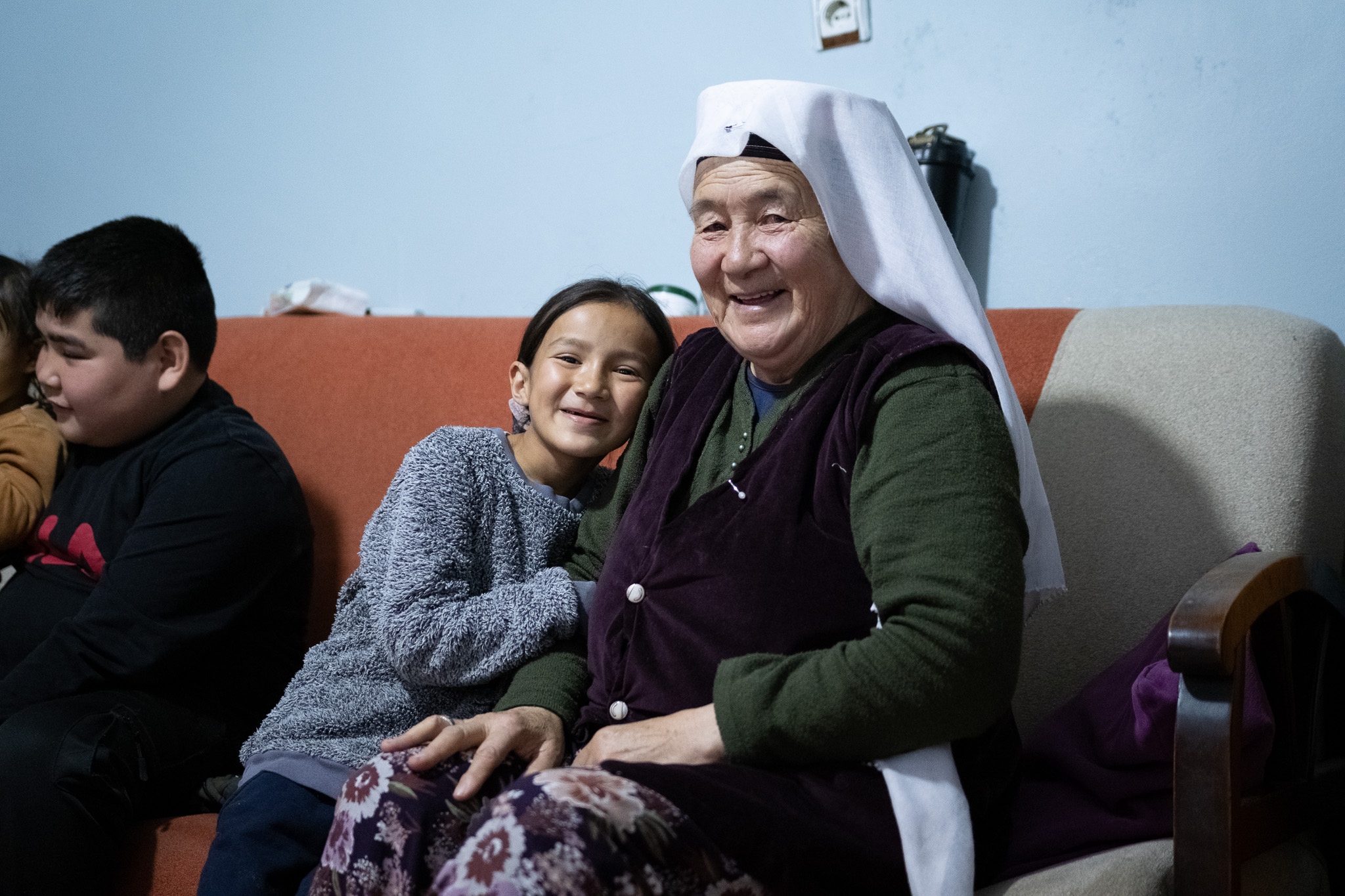The Last Lullaby
''My sweetest innocent baby, If you get hungry, you should set a fire to cook. Climb up the peaks my darling, you are my light, my baby.''
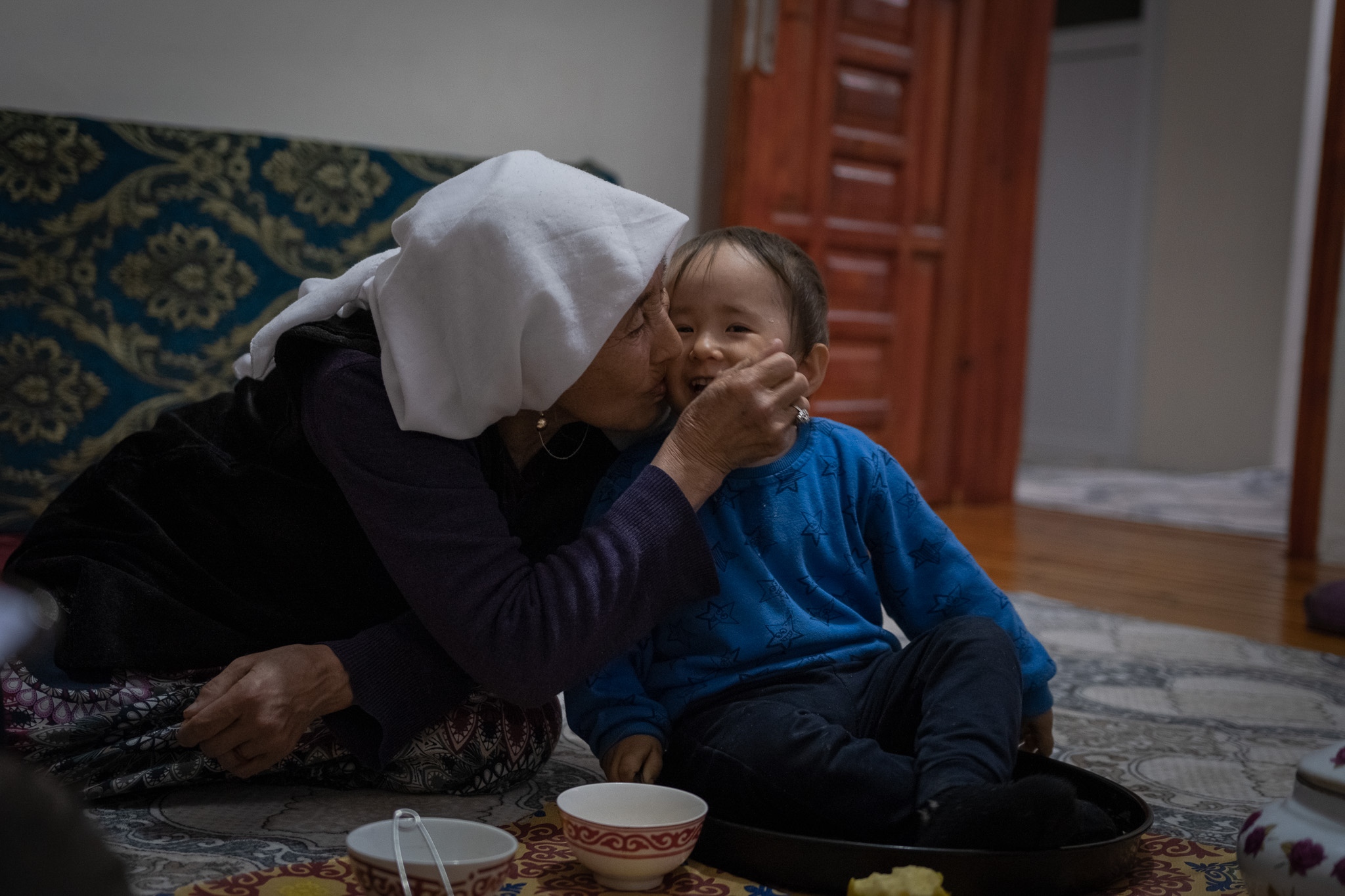
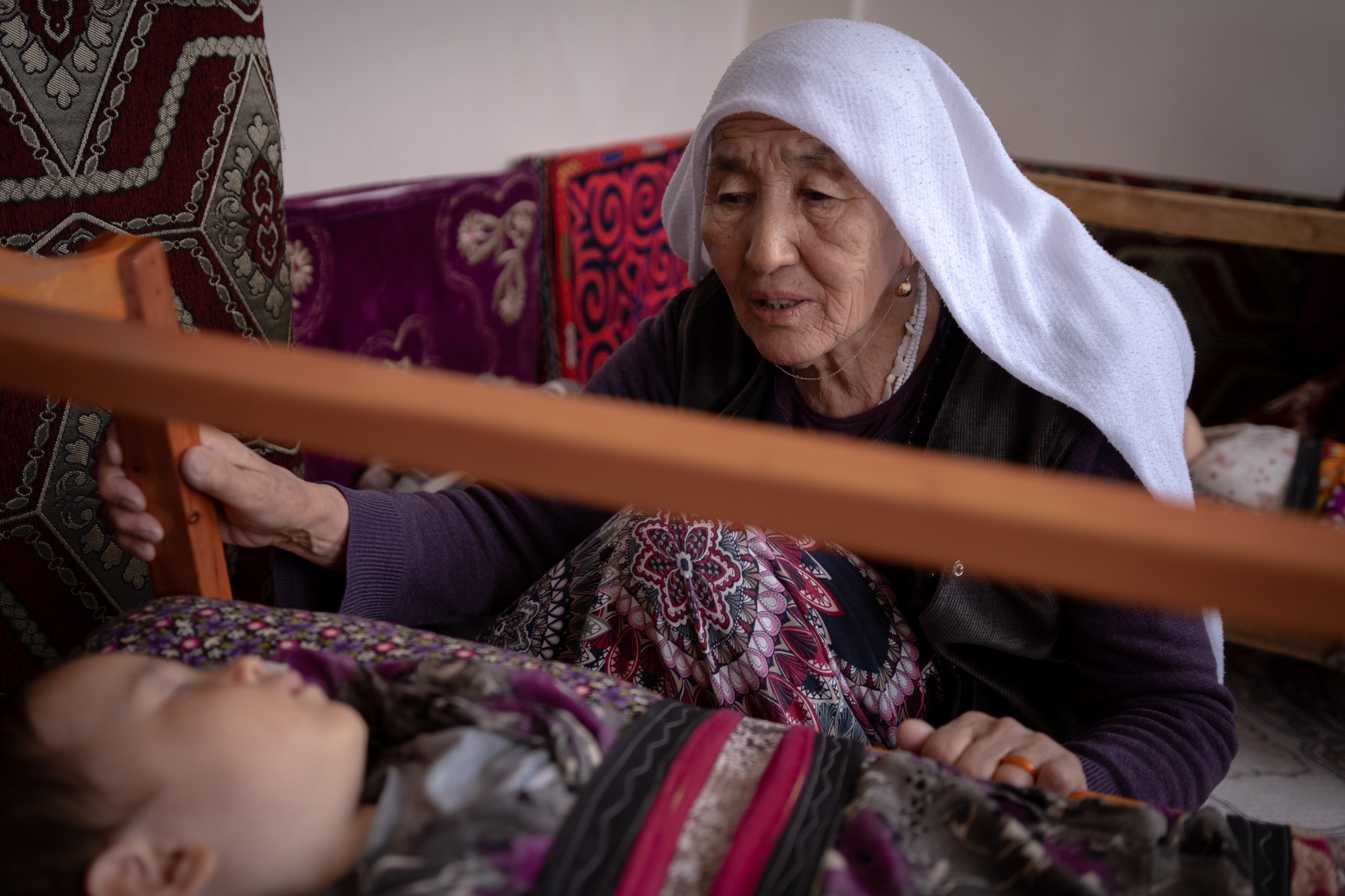
Ulupamir, an Afghan-Turkish town located in the mountainous Van province of Turkey near the Iranian border, is the tale of an ancient nomadic culture taken over by the comforts of sedentism and modern Turkish life.
These ethnic Kyrgyz tribes lived a nomadic life all over Central Asia for centuries. However, at the end of the 19th century, they became trapped in the Wakhan corridor, a narrow strip of land 5,000 meters above sea level in northeastern Afghanistan bordering today’s China, Pakistan, and Tajikistan. This came as the result of a deal between the Russian and British empires to create a buffer zone between British India and Russian-controlled Central Asia.
Life in the Whakhan corridor is not for the faint-hearted. Due to its remoteness and harsh climate, their diet mainly consists of meat, tubers, and rice. ‘’Nothing grows in Pamir’’ says Abdul, a 63-year-old man who was born there. ‘’Relatives [in Pamir] have problems because they have no hospital or school. They cannot go anywhere’’.
When the Soviet Union sent thousands of troops to Afghanistan at the end of 1979 to back the newly formed Communist government in Kabul, many Pamir-Kyrgyz fled to neighbouring Pakistan, fearing that the Soviets would erase their Muslim traditions as they did in other parts of Central Asia.
Abdul still vividly remembers his time in Pakistan. ‘’Life in Pakistan was very difficult, it was very hot, we lost many relatives’’. Due to being unaccustomed to anything but cold weather, over 450 Pamir Kyrgyz died in Pakistan. This triggered the search for a new home that ended up in the mountains of Eastern Turkey since they resemble the cold temperatures of Afghanistan.
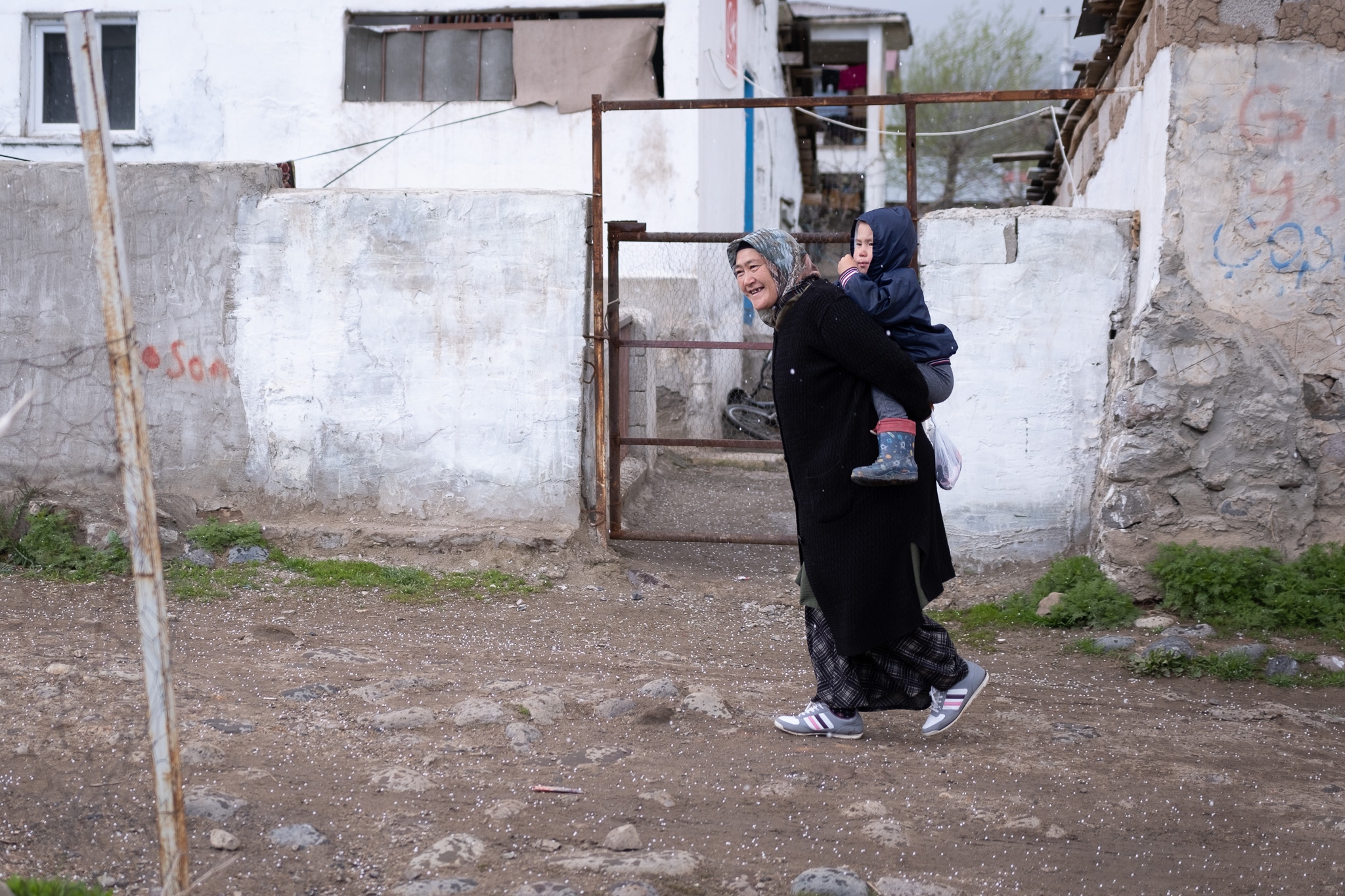
In Ulupamir, there is a growing gap between those who came from Afghanistan and the second generation that has been born in Turkey and only knows Wakhan through fairytales. The elderly, who grew up in Wakhan, have a wistful longing for the mountains of Afghanistan whereas their kids and grandchildren are embracing their new identity, their new land, the only life they know.
Abdul has a computer where he keeps articles and photos from Afghanistan he has been collecting for decades ‘’I miss my homeland so much. The scenery, hunting, our clothes, etc. We got used to living a settled life here. My children were born here, they don’t want to live there [Wakhan Corridor], and they don’t want to visit there either. Their life here is very good. This is their homeland’’.
Gonul, a 65-year-old woman, expresses a poignant sense of sorrow as she reflects on the cultural changes and evolving way of life among the Pamiris in Turkey. ‘’There was more unity in Pamir. There was no self-interest among people. There was no technology, people only had each other’’, she says while her daughter checks social media.
Many Pamiris who never had access to education in Afghanistan, have encouraged their children to get educated at school and university. Hence, many of the values youngsters have greatly differ from those of their parents ‘’Time changes people. As time changes, people change. Relatives used to live together, now everyone lives in different cities. [...] There was no concern about getting money’’ says Gonul.
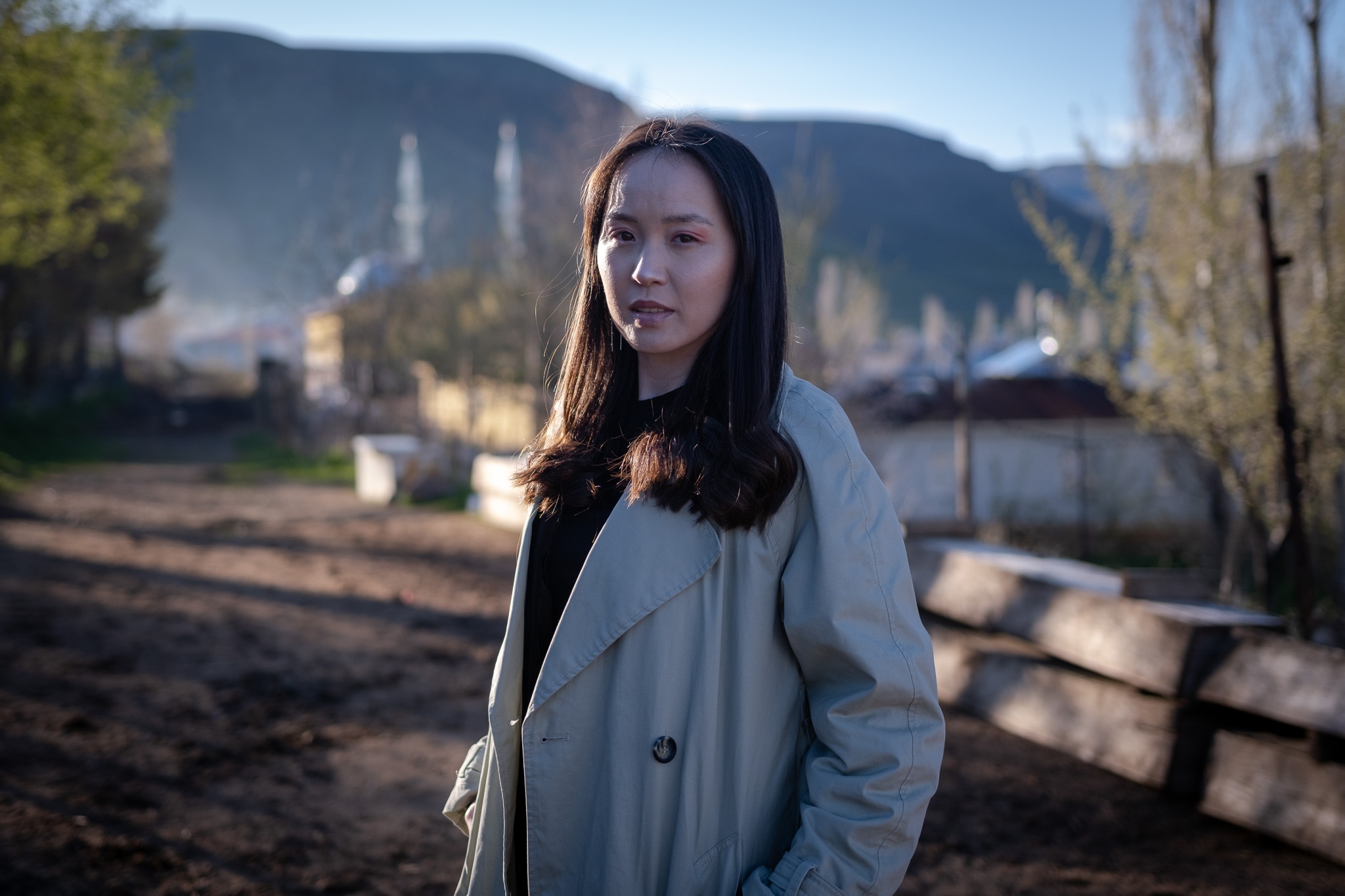
Her 31-year-old daughter, Nizafet, is an example of the generational gap. She moved to Istanbul to attend university and now has become a TikTok influencer with over 22,000 followers. Although she does not follow all aspects of her culture, she is always trying to promote it and share how people live in Ulupamir through her content.
‘’I love my own culture and I try to keep it alive at every moment [...] I would like to pass it to my children one day’’ adds Nizafet.
Baris, born in Ulupamir in 1987 and father of three, reflects on how the culture has been fading away ‘’It does not happen immediately but when you live in one place for a long time, you assimilate [the lifestyle] even if you do not want it. We are all concerned that our culture will eventually disappear’’.
